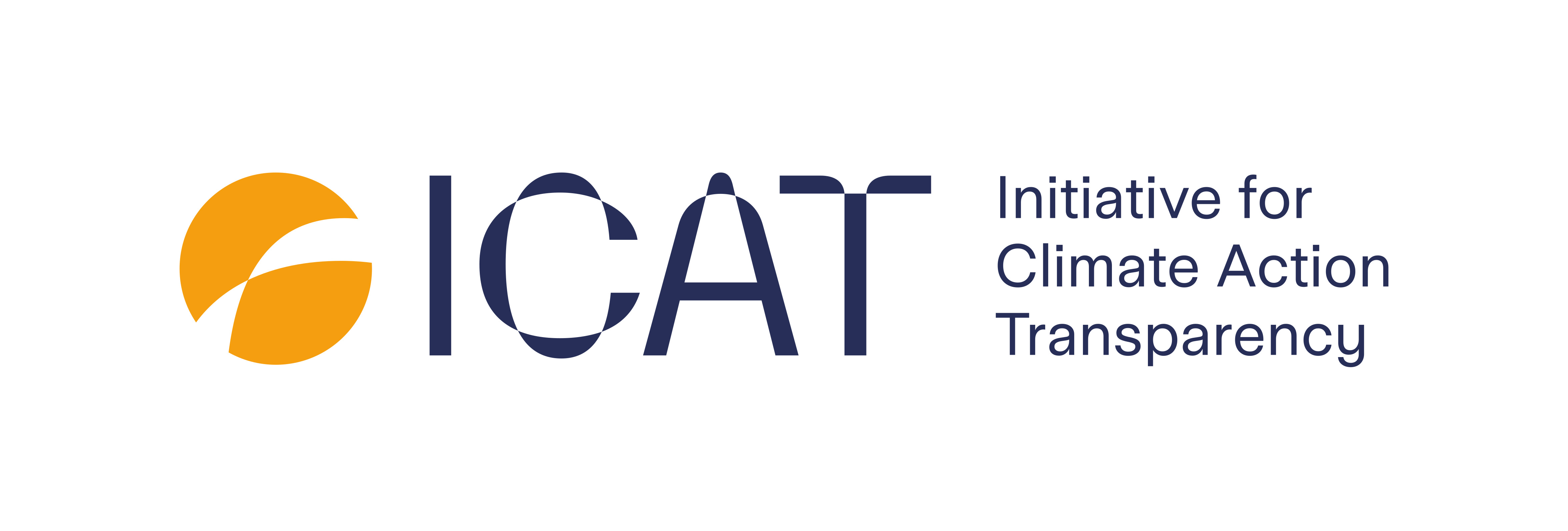To help aid the effective implementation of the Paris Agreement and tracking of Nationally Determined Contributions (NDCs), UNEP DTU Partnership, through the Initiative for Climate Action Transparency (ICAT), has been supporting the government of Cambodia to enhance its transparency framework.
Building on the success of the first project phase, which helped develop a Measurement, Reporting and Verification (MRV) system in the renewable energy sector, UNEP DTU Partnership and ICAT are supporting the Ministry of Environment to develop an MRV Framework for Transport Sector, with a particular focus on road and rail transport, as well as to build capacity on the use of transparency related tools, ICAT Sustainable Development assessment tools, and Greenhouse Gas Abatement Cost Model (GACMO).
Difficult challenges
In its commitment to multilateral climate action, Cambodia submitted its updated NDCs to the UN Framework Convention on Climate Change in 2020.
“Climate change is one of the most difficult development challenges that Cambodia is facing, in great part due to her high vulnerability to the impacts of climate change and her low adaptive capacity,” said H.E. Chea Chanthou, Deputy Secretary General of the General Secretariat of the National Council for Sustainable Development at the inception workshop for the ICAT phase II project held in April 2021.
“The Royal Government of Cambodia is committed to combating climate change and accelerating the transition to climate-resilient, low-carbon sustainable modes of development,” he added.
While its commitment is strong, Cambodia faces limitations in its climate-related data – which is an essential component to measuring the impact of climate change mitigation actions.
Involving all stakeholders
Based on a multi-stakeholder approach, all relevant institutions met to provide, process and report on data from the transport sector and were consulted to help improve deliverables, identify barriers and gaps in the national MRV system, and identify roles, responsibilities and procedures to allow for a robust MRV system in the future.
“This workshop provided an opportunity to review the process of implementing the transport policy we have carried out together, and to continue to formulate the next Strategic Plan and Action Plan for MRV in the transport sector – ensure it is in line with international standards and meets national demands.”
H.E. Chea Chanthou, Deputy Secretary General of the General Secretariat of the National Council for Sustainable Development.
Based on stakeholders consultations two options have been finalised by the Cambodia team:
- Promotion of integrated public transport systems in main cities
- Enhancing maintenance and inspection of vehicles
Model for assessing potential and costs
At the inception workshop in April 2021, stakeholders were provided with useful training on Greenhouse Gas Abatement Cost Model (GACMO). The meeting also served as an excellent opportunity for stakeholders from key ministries and institutions to learn about existing policies and strategies for the transport sector as well as discuss and gain momentum on the need for an enhanced MRV system for the transport sector.
As part of the ICAT Toolbox, GACMO is used by a number of countries to assess the mitigation potential and marginal abatement costs of mitigation policies and actions in the transport sector of their NDCs. GACMO helps to support countries or regions in analyzing their GHG mitigation options to prepare information for their NDCs by calculating and visualizing their business-as-usual scenario and selected mitigation scenarios.
“ICAT’s methodologies and tools are helping Cambodia to expand and enhance its MRV activities,” said Mr. Sum Cheat, the National Coordinator of the ICAT Project. “Together, we are building the capacity of national experts to apply tools and models to assess mitigation potential as part of the NDC revision.”
Tracking effectiveness
The Transport Sector Climate Action Co-benefits Evaluation (TRACE) tool, also part of the ICAT Toolbox and developed by NewClimate Institute, is being used to complement the GACMO model to assess the impacts of reduced traffic congestion on air pollution and public health.
At the inception workshop, the Director of ICAT, Dr. Henning Wuester stressed the importance of linking policies and actions to development activities: “The focus must be put on the implementation of actions and tracking whether they are effective or whether they have an impact.”
“To prepare for Cambodia’s next NDC update in 2025, I encourage our partners to use the ICAT project as an opportunity to collect as much data as possible to have a good understanding of the measures in the transport sector and to apply it in the context of the long-term strategy,” he added.
The inception workshop provided stakeholders from key ministries and institutions with an excellent opportunity to learn and discuss the current status and existing policy and strategy for the transport sector and, most importantly, the various aspects of the planned MRV system.
For more information on the ICAT project phase II in Cambodia, please visit the Cambodia country page on the ICAT website.

